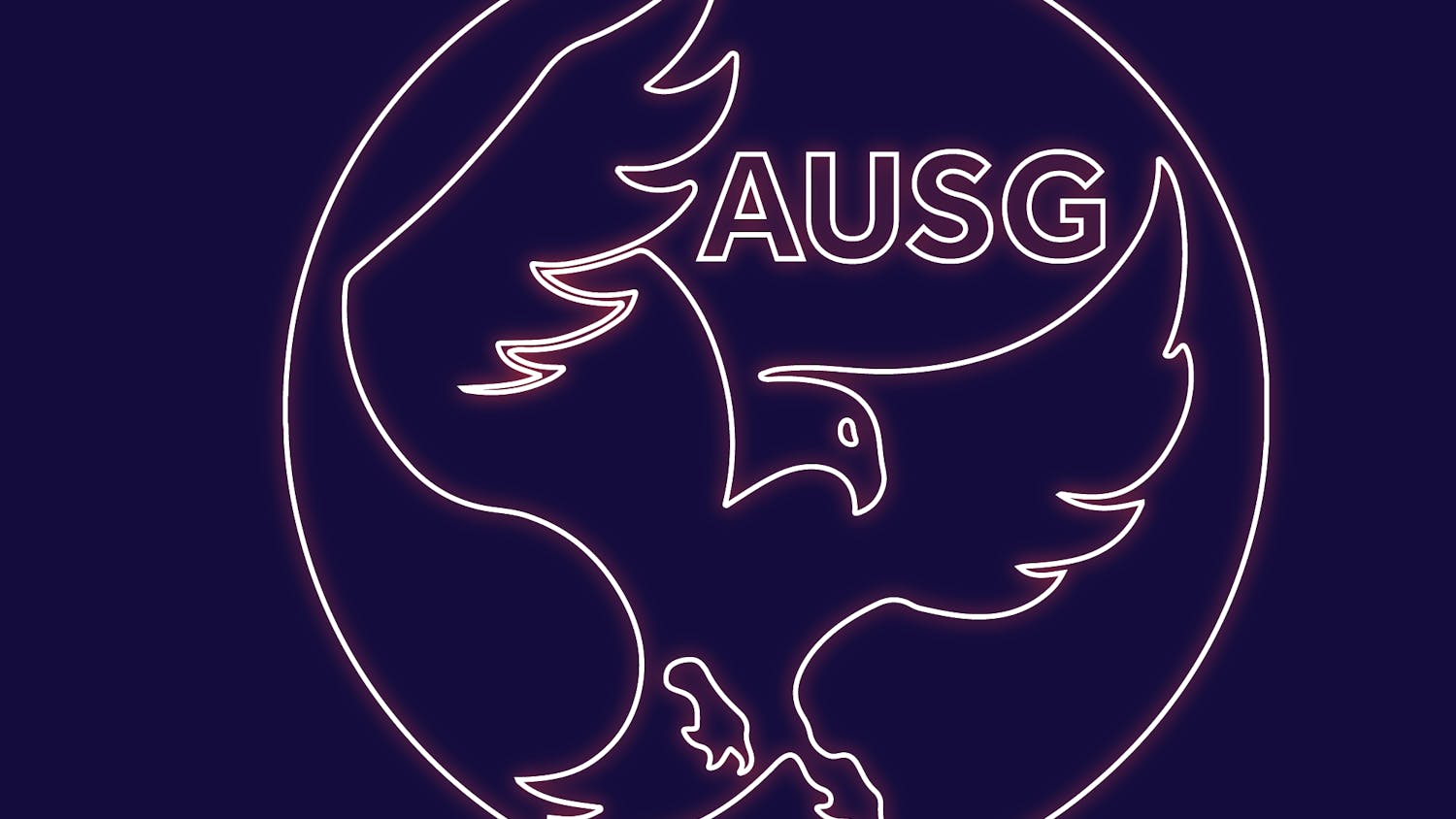Students at the University of Texas at Austin received controversial phone calls on election day 2006 from Democratic Party advocates, the Chronicle of Higher Education reported Friday. The university provided the students' phone numbers to the interest group under Texas' open-records law.
AU, however, does not disclose students' personal information.
"[AU] does not release student information to third-party requests, including requests from political organizations," said Maralee Csellar, the acting and associate director of AU Media Relations.
In the University of Texas incident, political campaigners designed the recordings to play on students' consciences. The recording said, "Today someone our age is going to die in Iraq. Today you will also walk or drive by your precinct polling location at least twice on the way to and from class. If you choose not to vote, their blood may as well be on your hands."
Under Texas state law, anyone may request information from public agencies, but most University of Texas students choose the personal information they put on the school's Web site, said Don Hale, the vice president for public affairs at the University of Texas at Austin.
"This is not something the University of Texas requires them to do," he said.
A quick search in the university's online database revealed that some students provide their major, home phone number, and home address.
Christine DeGregorio, a School of Public Affairs associate professor, said she was not surprised interest groups anticipate student passivity and desperately try to "wake them up" with anything controversial.
"It resonates with the person on the other end of the phone," she said. "People are much more likely to take action when they feel threatened."
DeGregorio maintained that many Americans are very passive, and tend to be distracted, rather than politically active.
DeGregorio's claims are paralleled by a recent study from Princeton University, which found a 3 to 5 percent increase in voter turnout among young people when they were reminded to vote on the day of an election.
Similar to AU, the University of the District of Columbia, the only public institution of higher education in D.C., does not make available student records, according to Sandra Carter, the acting associate vice president of student affairs at UDC.
UDC adheres to all legal policies preventing the publication of student information, Carter said.
"Absolutely not, there are laws governing that," she said. "We can't even give [information] out to the university community."
However, a federal law does exist that allows public schools to disclose "directory information" on a student without his or her consent, or that of a guardian, to certain third parties under specific conditions, according to the Department of Education's Web site. These conditions include schools with legitimate educational interests, accrediting organizations, court subpoenas, health officials in the event of an emergency and other reasons listed in the act.
The Family Educational Rights and Privacy Act defines "directory information" as a student's name, address, telephone number, date and place of birth, honors and awards, and dates of attendance.
As a private institution, AU is not required under FERPA to disclose any of its students' information.
Margeaux Faticoni, a sophomore in the College of Arts and Sciences, said she did not approve of universities giving out students' phone numbers.
"I would be thinking, 'who else would they give [the number] to?'" she said.
It is important to know who the callers were, and whether they strategically planned their target audience, or called students randomly. If callers use such provocative techniques, but do not target the message well, a "damaging push-back" is likely, DeGregorio said.




